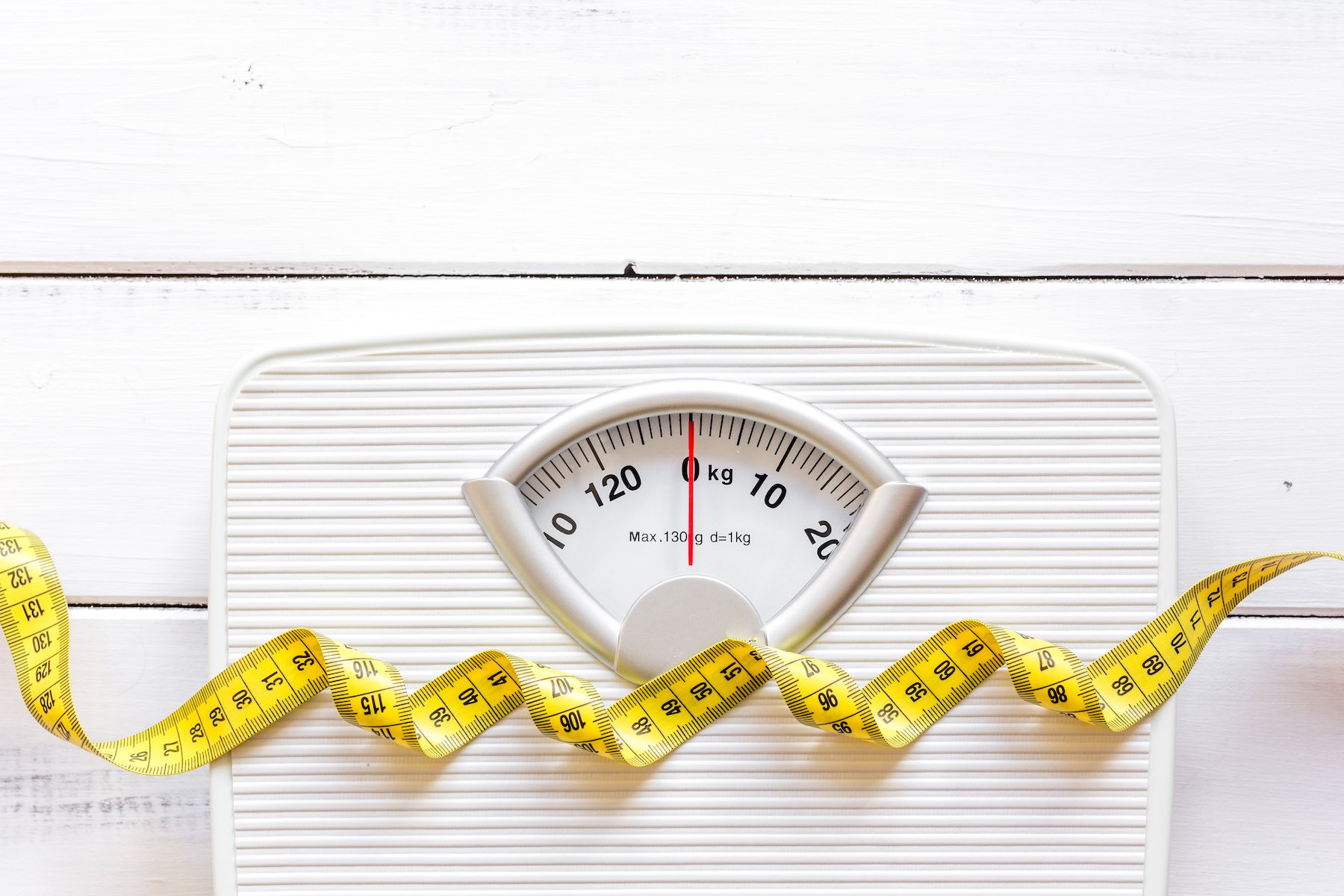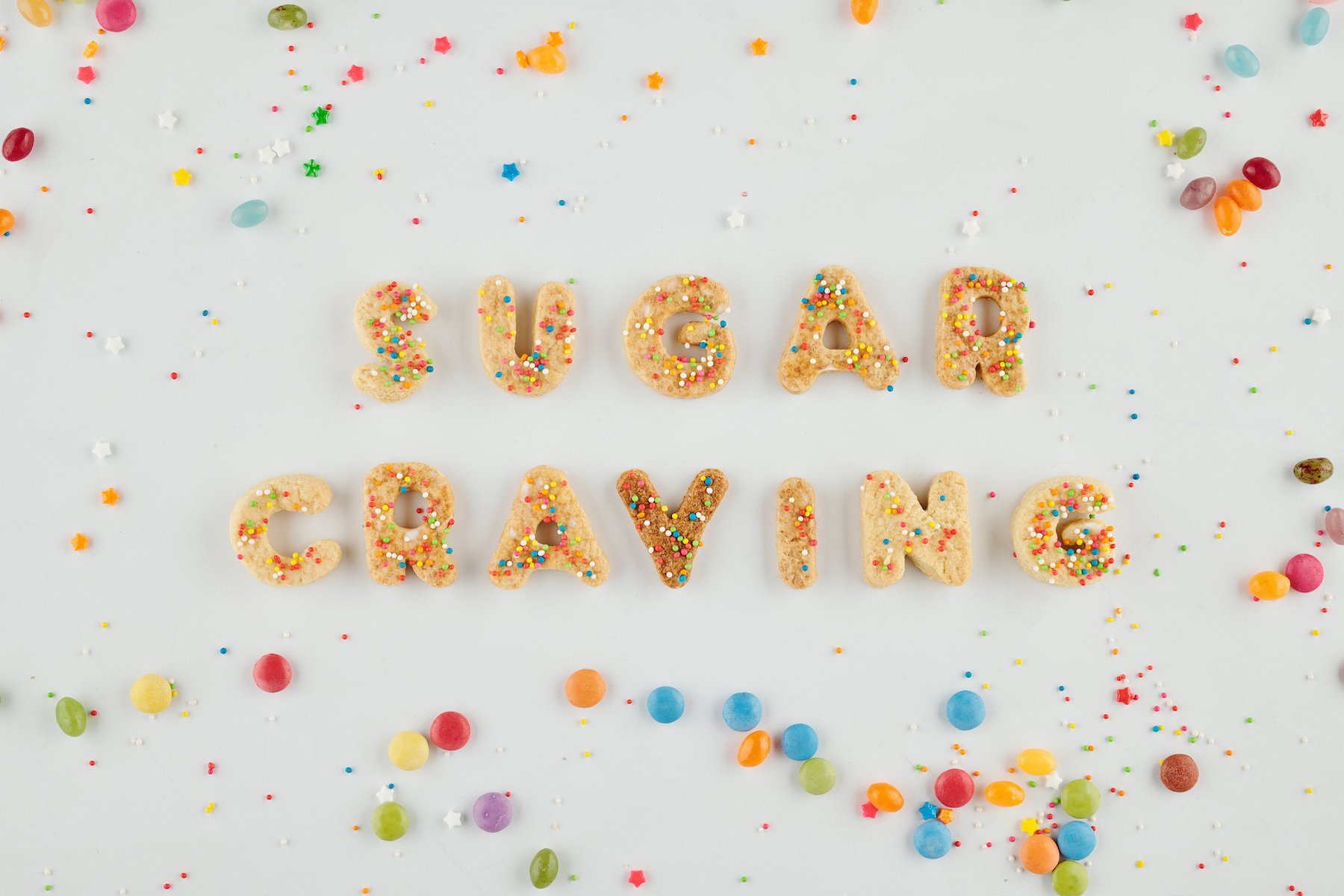Eating to support your metabolic health, which includes aiming for stable blood sugar, isn’t a diet in the sense we think about most diets: prescribed sets of rules about what you can and can’t eat. Instead, we see it as a way of thinking about food that can complement and enhance most dietary approaches, from vegan to paleo.
In this series of articles, we’ll look at what metabolically healthy eating means for people following a particular dietary approach: what questions you may have, how the two can work together, and what you might add to your existing plan to improve your overall health.
Here, we start with low-calorie eating—watching the calories in and out to achieve weight loss—and why that approach alone often ends in failure, but how minding what kinds of calories you take in can help set you up for success.
I’m already counting calories – isn’t that enough?
According to the CDC, between 2013 and 2016 almost half of adults in the US tried to lose weight in the previous 12 months. Of these, more than a third are on low-calorie diets. Why? Because the theory behind the practice is well established. Consume more energy than your body needs, and you are certain to put on weight. Create a sustained energy (calorie) deficit, by restricting your daily and weekly food intake, and you are likely to lose weight. Counting calories often works—provided that you keep at it.
But sustaining a calorie-restricted diet in the long term can be difficult. Particularly when the week-to-week results do not seem to reflect your heroic efforts. Around 20% of Americans succeed in the long-term maintenance of weight loss, suggesting that for many hopeful dieters, counting calories may not be enough. There seems to be a missing piece, which goes beyond the simple calories-in-calories-out model.
“Food is also information that tells our bodies—from our cells and genes—how to operate. And certain types of food will have a different impact on telling our body whether or not to store fat.”

Understanding blood sugar and weight loss: why tracking glucose with a continuous glucose monitor (CGM) may be more insightful than tracking calories
Real-time continuous glucose monitoring (CGM) looks deeper than simple calorie models to help us understand weight loss.
Read the ArticleWhat’s the missing piece?
Food is fuel, so tracking the total energy content of your food makes sense since excess fuel can be stored as fat. But food is also information that tells our bodies—from our cells and genes—how to operate. And certain types of food will have a different impact on telling our body whether or not to store fat.
Food processing and energy storage are largely controlled by hormones, the chemical messengers of the body. Hormones empty the stomach, stimulate digestion, direct the storage and release of energy, and increase or decrease your appetite. Now here lies the rub: Regardless of caloric content, some types of food create bigger hormone spikes than others, directing your body to do very different things in order to process them.
Wait, certain foods can sabotage your diet?
That’s right. Sometimes it’s not the food, but rather your hormonal response to it, that can negatively affect your metabolic response. In terms of fat loss, one crucial hormone to look at is insulin.
Insulin levels often rise after eating if the food we eat leads to a rise in blood sugar. Simply put, insulin helps control blood sugar levels by signaling muscles, fat cells, and the liver to take in glucose from the blood and burn it, or store excess for later use. In the liver and muscles, that excess glucose is stored as glycogen. Elsewhere, it is converted (again, with the help of insulin) into fatty acids, and stored within adipose tissue as body fat.
Some types of food create bigger spikes in blood glucose than others. In turn, these cause more insulin release and more fat storage. Critically, while insulin levels are high, fat oxidation (or “fat-burning”) is impossible as insulin blocks fat burning. So if we eat foods that repeatedly spike our glucose and insulin levels, we are not only telling our bodies to store more fat, we are also shrinking the windows of time within which we can effectively burn it off, when insulin levels are low. Worse, repeated insulin spikes can lead to hyperinsulinemia, or chronically high insulin, and insulin resistance, making our bodies less efficient at burning fat all the time and setting ourselves up for increased risk of chronic disease.
So I should just avoid high-carb, high-sugar foods, and I’ll be good?
Yes, yes, and, unfortunately, no. Minimizing added sugar intake—including refined carbs—is a cornerstone of metabolically healthy eating, and can help maintain stable blood sugar and low insulin levels. An excellent place to start in keeping glucose and insulin under better control is to minimize or eliminate all ultra-refined grains and sugars.
But things are a bit more complex because even amongst less-processed carbohydrate-containing foods, not everybody (or everybody’s body) reacts to foods in quite the same way. Even leaving aside factors like food allergies and the composition of your gut flora (or microbiome), people still vary considerably in their metabolic responses to different types of food. For one person, eating a bowl of oatmeal might create a small rise in blood glucose and a meager insulin response. For another, that same bowl of oatmeal might cause a rapid glucose spike and a strong insulin response. One recent UK study found that healthy people eating the same, exact foods can vary from the average by as much as 68% in their blood glucose response and up to 59% in their insulin response.
The upshot: Even if that bowl of oatmeal is within your daily calorie budget, it may be spiking your blood sugar and preventing you from burning fat.
Worse yet, it might be affecting your daily moods and behaviors, too.
Food can make you moody?
Yes, in ways we are just beginning to understand.
First, foods that cause rapid peaks in blood glucose—such as sweets, cakes, and starchy white rice—can amplify sensations of fatigue, anxiety, and depression over the course of just weeks. Second, as the resulting insulin spike causes your blood sugar to plummet, your brain nudges you toward compulsive (even addictive) food-seeking behaviors. You snack more between meals, or binge on quick, easy, processed foods (which are appealingly high-carb, high-fat, and high-calorie) in order to meet the perceived energy deficit. Third, eating high-glycemic foods affects the reward circuitry and activity in your brain, increasing cravings for your next meal, which can ultimately impede weight loss.

How do glucose levels relate to depression and anxiety?
Controlling blood sugar dysregulation may be an important factor in reducing the risk of mood disorders like anxiety and depression. Continuous glucose monitoring (CGM) can serve as a biofeedback tool to gain clarity into how personal glucose levels and mood are related.
Read the ArticleCan’t we just use willpower? Override those feelings and cravings?
Perhaps. But if it were that simple, then the success rate of restricted calorie weight loss would be much higher than 20%. In reality, this combination of physiological and behavioral effects creates a mismatch between measured inputs (i.e. daily calories consumed) and visible outputs: the tale told by the scale, the tape, and the bathroom mirror.
To dedicated dieters, this can be deeply discouraging, leading to “what’s the point?” regressions, weight plateaus or regains, and the abandonment of healthy eating efforts altogether.

Why do we crave sweets, and how can we stop?
Several recent studies look at the effect of sugar on hunger, why our brain wants sugar, and how we can train ourselves away from those cravings.
Read the ArticleOkay, how can we do it better?
The good news is if you are used to counting calories, then you already know that what doesn’t get measured doesn’t get managed. All you need to add is a slight shift in mindset. As you continue to monitor and manage your calorie intake, begin thinking about each bite of food as information, and aim to support the body’s fat-burning by giving it calories that don’t promote a cascade of insulin release, and ultimately, fat storage.
Generally speaking, all highly processed carbohydrates (refined flours, added sugars) will create sharper blood sugar and insulin spikes, and are best avoided for health and weight loss. No surprises there. But in sufficient quantities, and in certain people, sugary fruits (like grapes and bananas) and starchy carbohydrates (such as rice, potatoes, and oatmeal) can cause marked glucose and insulin spikes, too. So even if these foods do lie within your daily calorie budget, experiment with limiting portion size and see if this has an impact on fatigue, mood, or weight loss over time, and also consider other strategies to minimize glucose impact of these foods, like eating them earlier in the day, pairing them with fiber, fat, or protein, consuming vinegar beforehand, or taking a walk afterwards.
Will that really make a difference? How do we know that works?
Numerous studies have established the merits of low-carbohydrate diets over low-calorie diets in people with diabetes. Several recent studies have shown the relative benefits of low-carb (versus conventional, low-calorie) diets in the treatment of obesity. And there is a mounting body of evidence that limiting carb intake and blood glucose spikes has beneficial effects in men and women without diagnosed metabolic disorder, both in terms of weight loss and risk factors for heart disease. For example, this randomized trial showed that low-carb dieters lost more weight after 6 months when compared to the calorie-restricted, low-fat control group.

How to reverse prediabetes
Prediabetes is not just a warning diagnosis—it’s a severe metabolic disorder. Fortunately, you can reverse prediabetes with lifestyle and diet changes.
Read the ArticleWhere should I start?
You can start by modifying your low-calorie diet so as to avoid foods that may be undermining your efforts.
Here are five articles to help you find metabolically healthy foods for your diet:
- 110 Foods unlikely to spike your blood sugar
- 10 of the worst foods for blood sugar—according to CGM data
- Pasta swaps that won’t spike your blood sugar
- Five ways to have a blood-sugar-friendly lunch
- Tasty ideas for a low-carb breakfast
For a more comprehensive approach, try keeping a food diary that tallies the carbohydrate content or glycemic load of your foods. Knowing how your body responds metabolically to food can enhance your dietary approach, improve adherence, and yield greater results and benefits in the long term.






